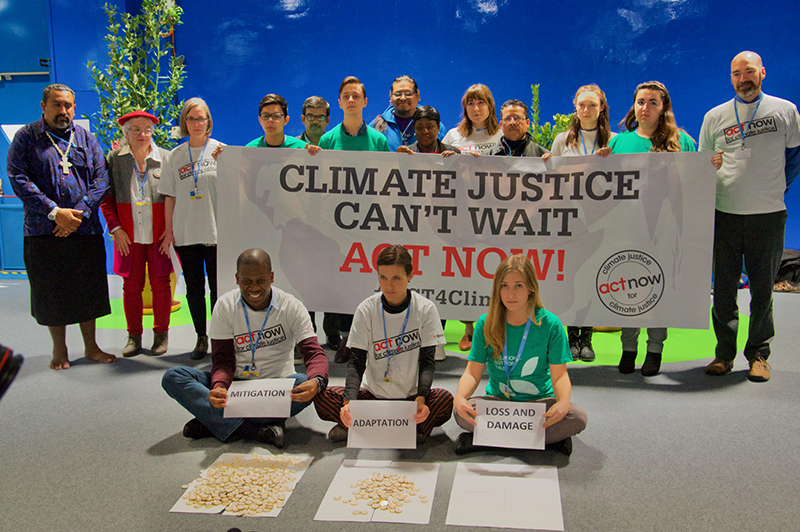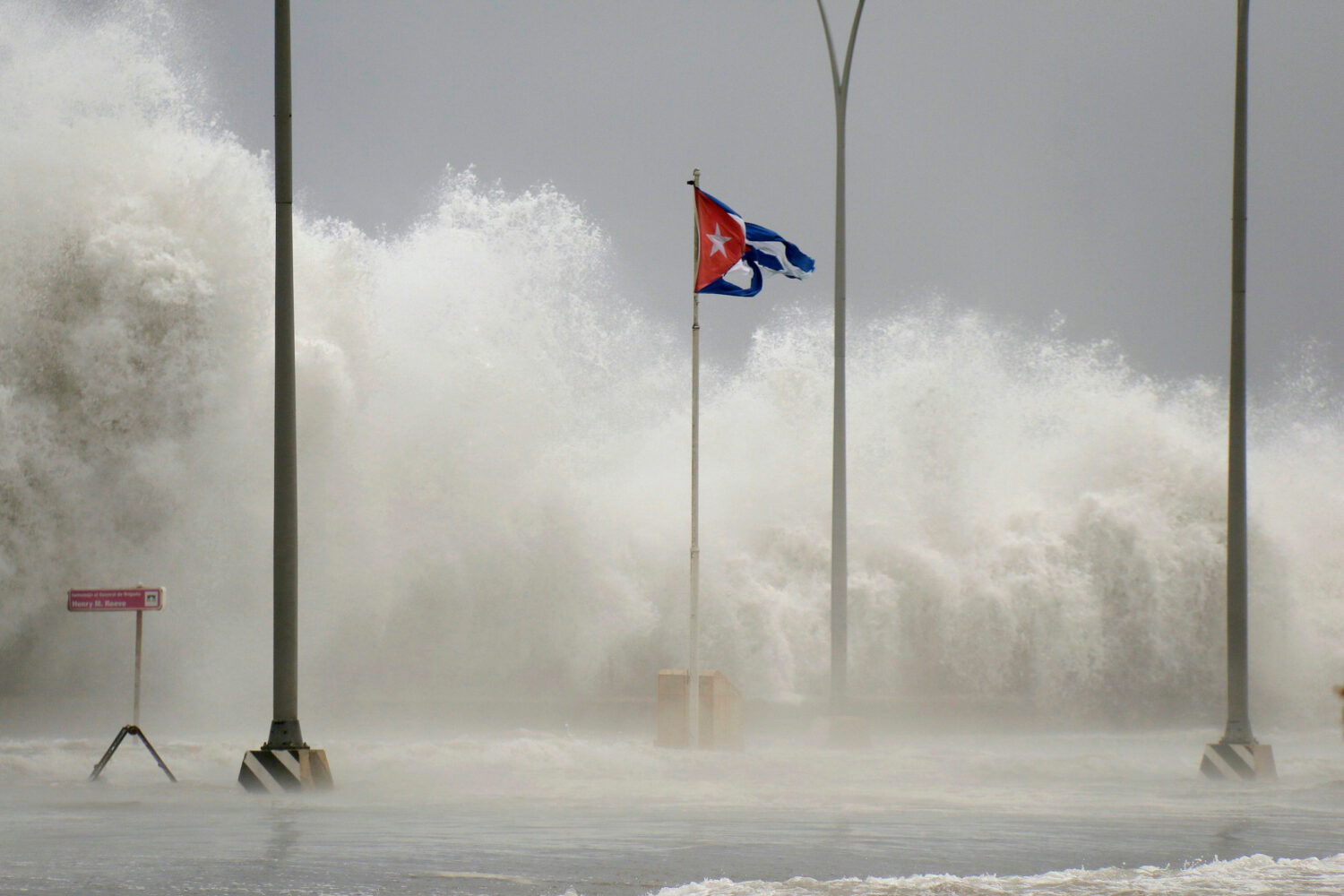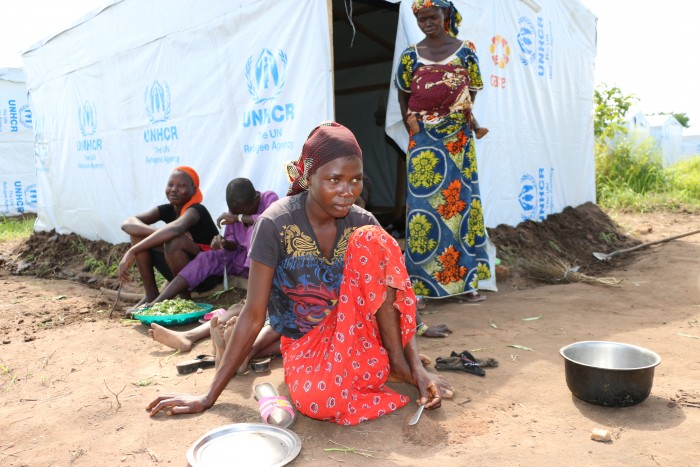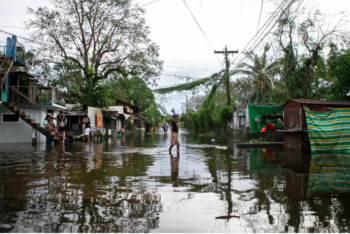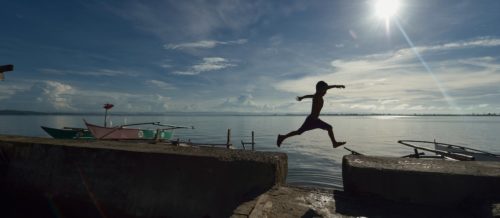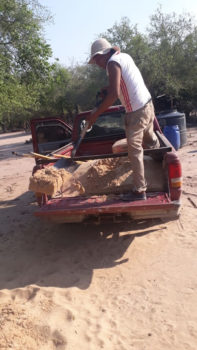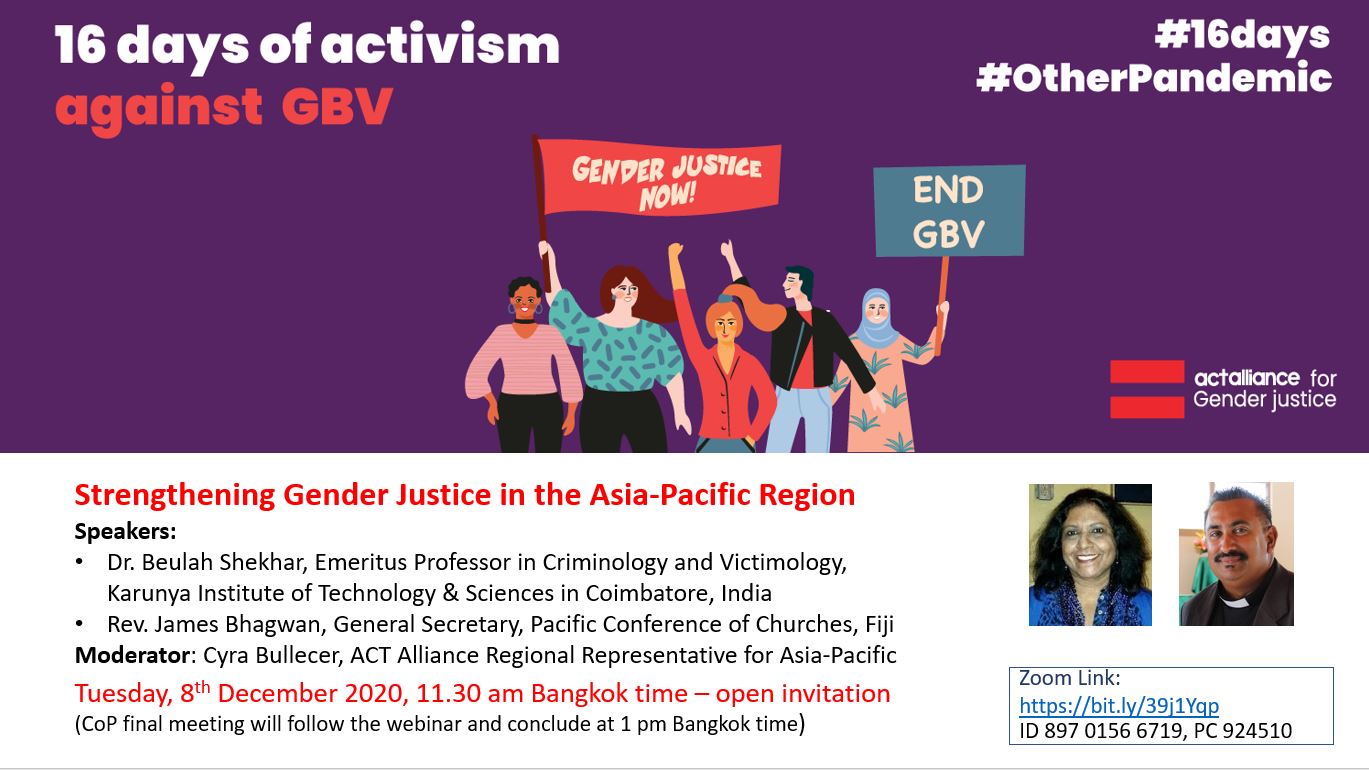COP26 begins this November 1 in Glasgow, UK after a pause of nearly two years, and runs until November 12, with several faith activities scheduled just before it starts. The first COP since COVID-19 spread around the world, COP26 promises to be an important moment to address delayed climate justice promises and future investments.
What are the issues this year? The latest report from the IPCC (the Intergovernmental Panel on Climate Change) shows that if the global temperature continues to increase, the chance to keep that increase below the scientifically recommended maximum of 1.5 degrees Celsius will disappear. The NDCs (national climate plans) submitted for this COP, if successfully implemented, would lead to a rise of 2.7 degrees. 1.5 degrees is still possible, but it requires immediate and ambitious emission reduction commitments.
There is an urgent need for vulnerable countries to adapt to the dramatic impact of climate change which they currently experience, and to address the resulting loss and damage. This need will increase steadily as the global temperature increases. Adequate finance, investment and the political will to act will be required for a just result.
The summit must be a success, or the climate emergency will become even worse.
ACT Alliance’s Key Asks
ACT’s key asks for COP26 include:
- A call for scaled-up ambition in emission reduction commitments
- That women in all their diversity participate equally in all climate change decision-making processes.
- Separate finance targets for mitigation, adaptation and loss and damage. Loss and damage finance must be its own category in the post-2025 finance architecture.
- Developed countries must meet their climate finance commitments, and climate finance must be split evenly between mitigation and adaptation.
- A recognition that COVID-19 has created opportunities for all countries to restructure their economies to enable people and planet-centred solutions.
- All articles of the 2015 Paris Agreement must become operational. However, ending without a decision on carbon trading will be better than a bad decision.
ACT in Glasgow
The ACT delegation will be reporting regularly from COP26. News on two new ACT reports (one on Gender, one on Climate Finance) blogs from Global South members, media releases, videos, interviews and more will be provided each day. Sign up for the ACT COP26 Communications google group by sending an email asking to be added to: fiona.connelly@actalliance.org. Please note that each person who wants to be added must send their own email request.
Virtual engagement
Many events are being streamed live this year for those who can’t be in Glasgow. Here are a few highlights. More will be posted on our COP26 communications google group (see above) and social media (see below). Register soon! Here are just a few ways you can be involved:
Sign the Pray and Act petition. Available in Spanish and English.
Watch the Pray and Act webinar on Faith Engagement at COP26.
Sunday, October 31, 16:30 GMT: Join the interfaith Talanoa Dialogue which includes Zoom dialogue rooms.
Tuesday, November 2, 19:30 GMT: Watch the livestream of the Pray and Act Faith in Action petition hand in ceremony.
Stay posted for more news on livestreamed ACT events.
Social Media
Follow ACT on social media, where we’ll post about events, reports, news and special quotes from some of our ACT members.
- Twitter, twitter.com: ACT Now for Climate Justice/ @actclimate. Find or share COP26 news with these hashtags: #ActforClimate #COP26. If you are discussing the impact of climate change on women and girls, don’t forget to use the hashtag #TheRoad2Equality
- Or Facebook, facebook.com ACT Now for Climate Justice /@actclimate
